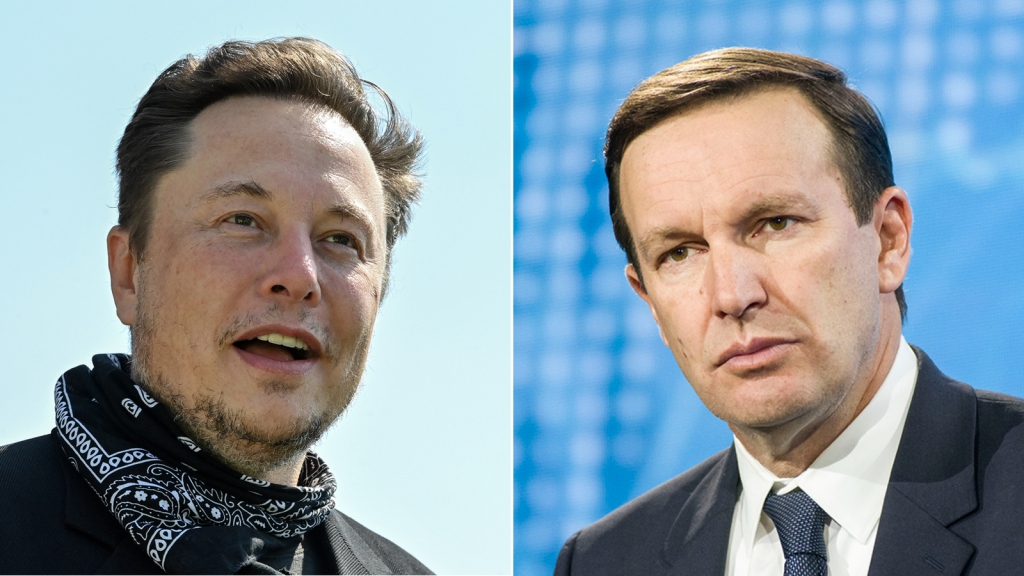By Matt Egan | CNN
Democratic Sen. Chris Murphy is calling on the federal government to investigate national security concerns raised by Saudi Arabia’s role in Elon Musk’s takeover of Twitter.
Saudi Arabian Prince Alwaleed bin Talal helped Musk finance the $44 billion acquisition of Twitter (TWTR) by rolling over his existing $1.9 billion stake in the social media company. The move makes Saudi entities the second-largest shareholder in Twitter — behind only Musk himself.
“We should be concerned that the Saudis, who have a clear interest in repressing political speech and impacting US politics, are now the second-largest owner of a major social media platform,” Murphy said in a tweet on Monday.
The Connecticut Democrat urged the Committee on Foreign Investment in the United States, known as CFIUS, to conduct an investigation into the “national security implications” of the Saudi involvement. CIFUS, an interagency committee chaired by the US Treasury Department, reviews takeovers of US businesses by foreign buyers and has the ability to block transactions that raise concerns.
Even though Musk already closed his takeover of Twitter late last week, it may still be subject to national security review.
According to the 2021 annual CFIUS report to Congress, the panel has the authority to “review pending or completed transactions” if a member of the committee believes there are national security concerns.
“There is a clear national security issue at stake and CFIUS should do a review,” Murphy said, noting that another major social media platform, TikTok, is owned by a Chinese company. “This is a dangerous trend, and we don’t have to accept it.”
Both the White House and the Treasury Department declined to comment in response to the call from Murphy.
Earlier this month, Twitter shares dropped after Bloomberg News reported Biden officials are in early discussions about possibly subjecting some of Musk’s ventures to national security reviews, including the Twitter deal.
However, US officials pushed back on that report. “We do now know of any such conversations,” National Security Council spokesperson Adrienne Watson said in a statement on October 21.










